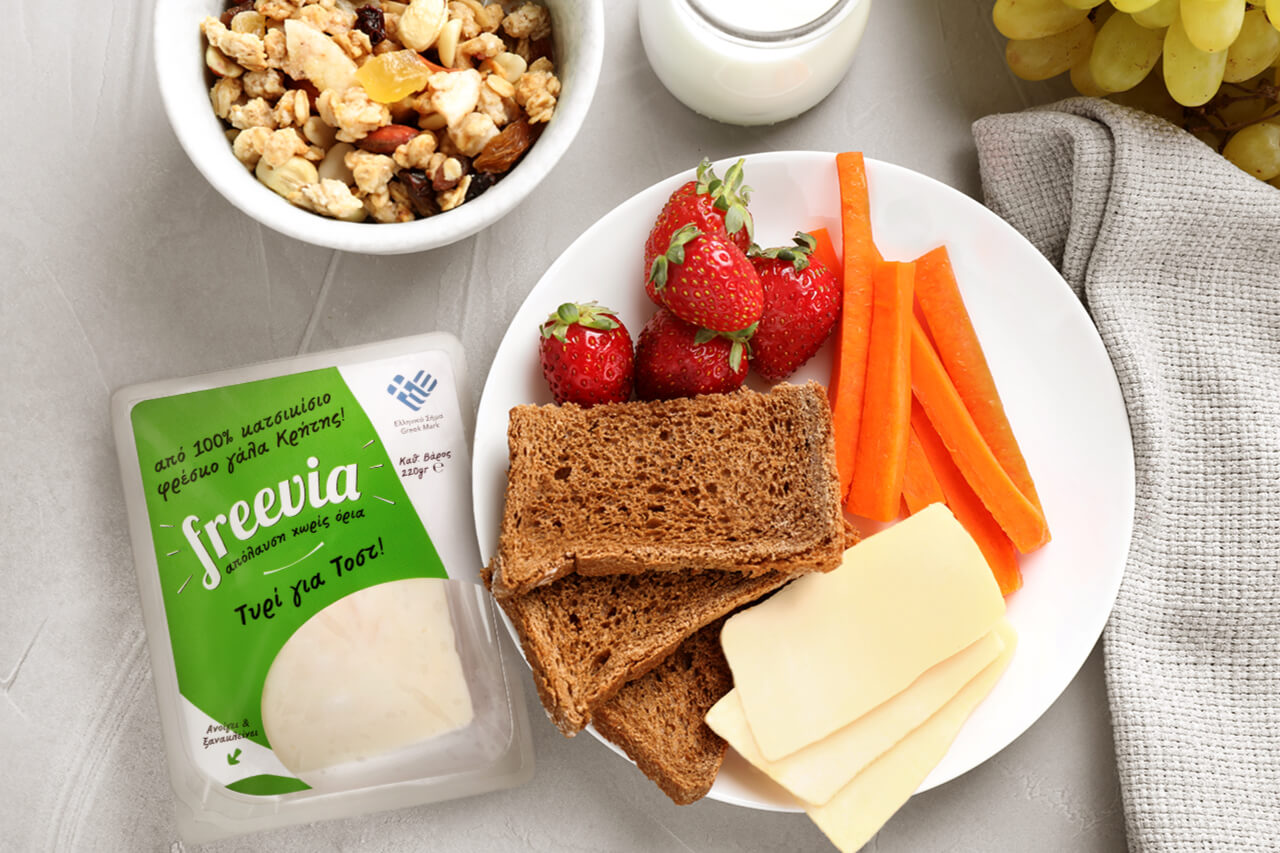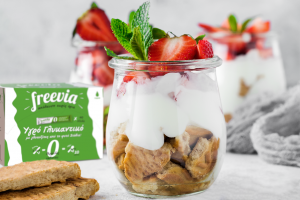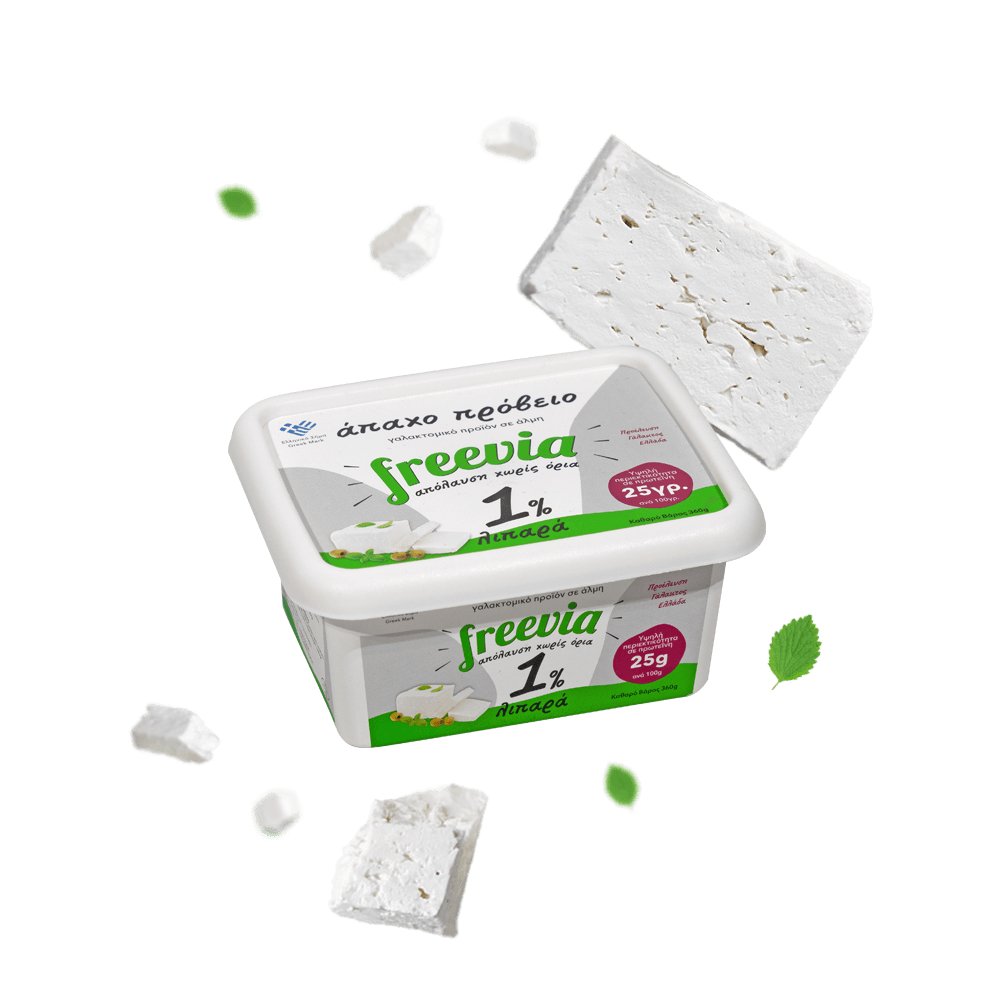Diabetes is a chronic disease that occurs when the pancreas does not produce enough insulin, or when the body cannot use the insulin it produces effectively. Diabetes affects the daily lives of almost 285,000,000 people worldwide making it an ever-increasing threat to health.
November 14th has been established as World Diabetes Day, which is the main global education and awareness campaign on this disease.
Without proper nutrition and / or treatment it can lead to hyperglycemia, which is associated with long-term damage to the body and the insufficiency of various organs and tissues (cardiovascular disease, kidney failure, retinopathy, etc.).
Managing blood sugar is the key to maintaining a good life quality and health for people with type 2 diabetes and proper nutrition plays the most important role in keeping blood sugar within normal limits.
But what does proper nutrition mean in diabetes? The goal is to eat healthy foods, in the right amounts and at the right times, so that the sugar stays in the desired price range as much as possible.
The 5 basic nutritional tips that will help you better regulate your sugar levels are:
- Make sure your diet is high in fiber, such as whole grains, fruits and vegetables, which slow down the absorption of sugar from the gut and do not cause large fluctuations in insulin levels, thus helping to regulate blood sugar and increase the feeling of satiety.
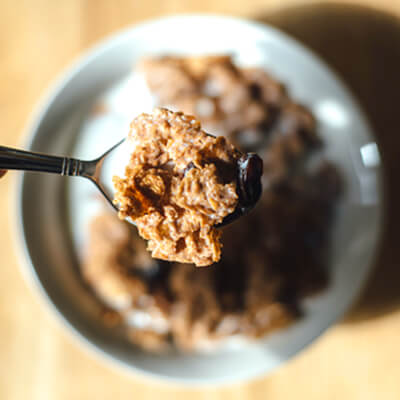


- Increase your intake of monounsaturated fats (olive oil, nuts) and polyunsaturated fatty acids (fatty fish, flaxseed, chia seeds, nuts) which help lower blood cholesterol and protect heart health. Also avoid trans fats, which increase inflammation and produce complications in diabetes.
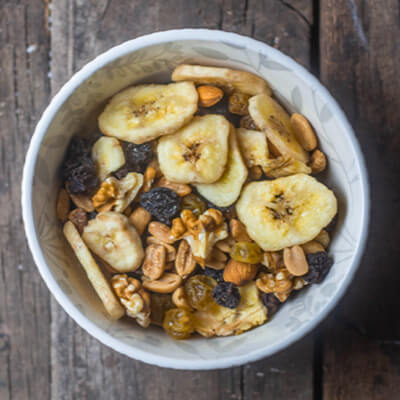


- Prefer low glycemic foods and combine high glycemic foods with foods rich in protein or fat (a fruit with yogurt or 1 slice of Freevia Goat Cheese, 1 slice of wholemeal bread with a little honey and tahini). Avoid as much as possible sweet juices that raise blood sugar sharply.
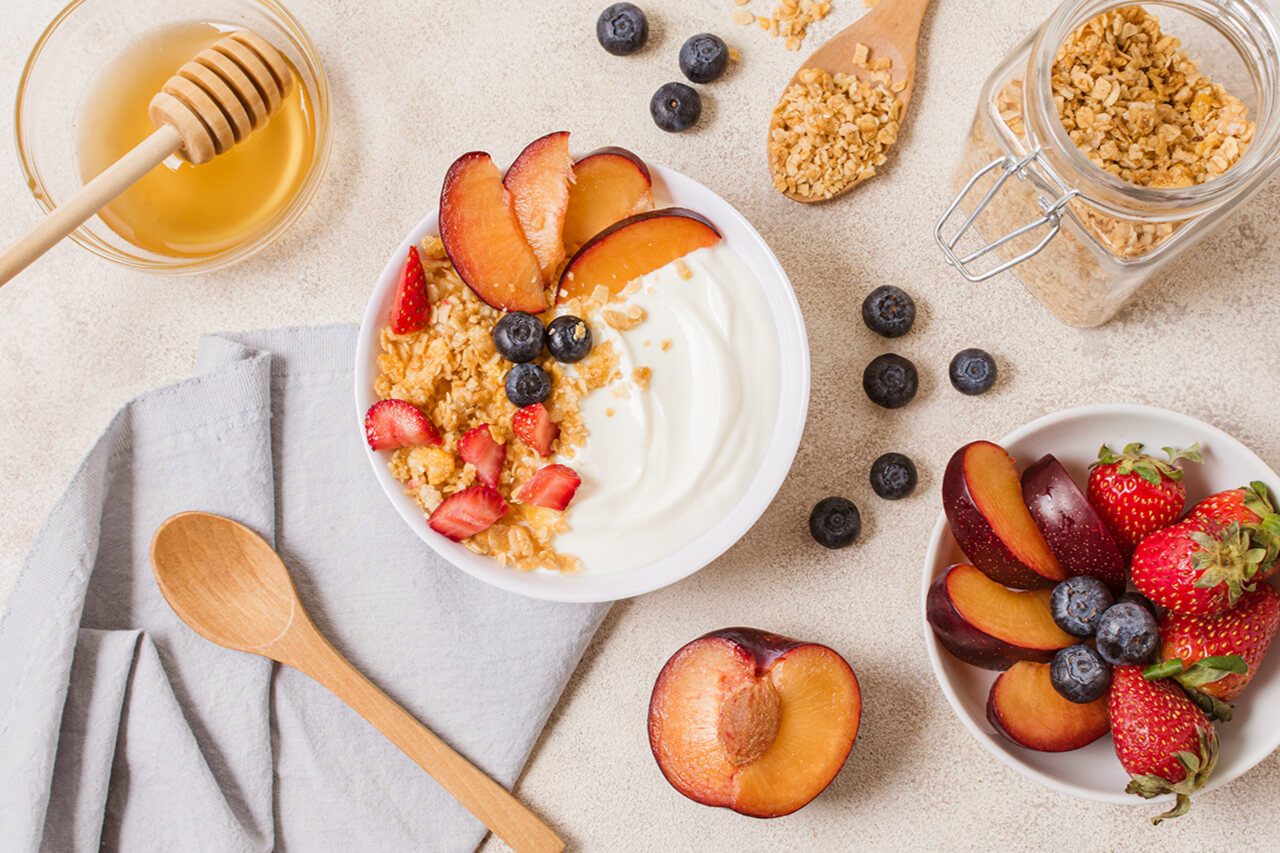
- Avoid snacking and make small and frequent meals every 3-4 hours. Snacking leads to a steady rise in blood sugar and insulin (hyperinsulinemia), which leads to depletion of pancreatic b-lymphocytes and a severe incidence of the disease.
- Reduce salt in your diet and pay special attention to the hidden salt of foods (sauces, packaged pastries, processed foods).
Lifestyle change is the most important step for preventing or slowing down the onset of type 2 diabetes. Maintaining a healthy body weight or losing weight for overweight and obese people, combined with regular exercise and a balanced Mediterranean diet is of utmost importance and should never be underestimated.


Alexandra Kontodimou
Dietitian-Nutritionist MSc
Nutrition Home, 71 Tsimiski, Thessaloniki
www.nutritionhome.gr
